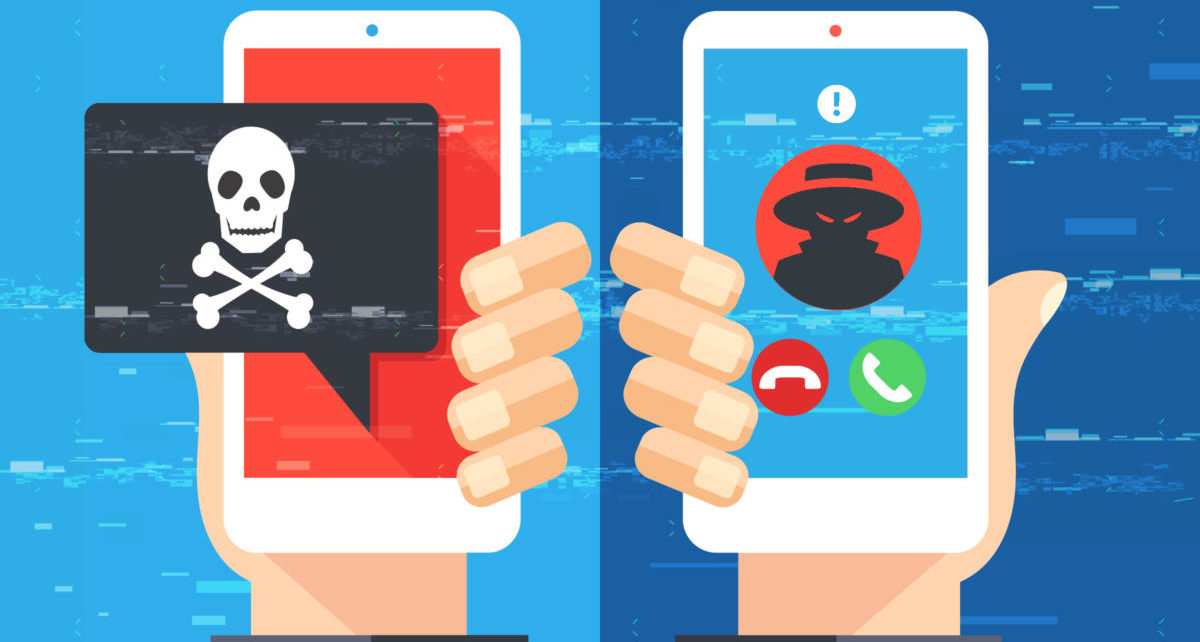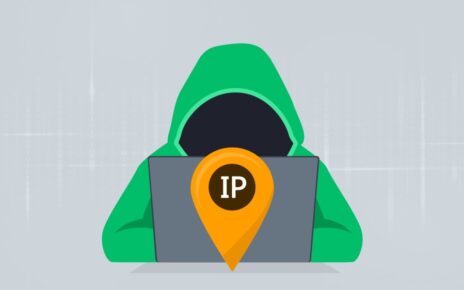Phishing scams are not limited only to ways in which most people know them – they’re assumed to be the ways in which hackers release malware and steal sensitive information. However, on the broader perspective, if a hacker is able to steal such information from users by placing scam calls, that’s also a kind of phishing – known as vishing. In this manner, while the hackers don’t first hack into the system to find the information and release malware, what they instead do is, find the information directly from the user and then use it to:
- Release a malware.
- Hack a system/social accounts using login details.
- Stealing money using the card details.
However, either which way, users end up losing a lot.
Talking about vishing specifically, it is voice call combined with phishing that’s used for info stealing and misuse. Now, you might think it’s not as prevalent or as serious as other forms of phishing, but you’re wrong. Here are the global stats.
- 28% users that were targeted using vishing confirmed that the scammers already had a lot of personal data about them.
- 39% confirmed the nature of information that the scammers had also included the correct home address of victims.
And it gets worse, 75% of the times, scammers knew the social security number of the victims – partial as well as full.
These are some of the reasons that people end up believing scam calls. The information is of such a personal nature that it’s very hard to tell genuine callers from the fake ones. It calls for some security concern protection techniques to protect people and those are the techniques that have been discussed below.
- Follow the Protocol
Security experts, mobile companies, banks, hospitals, schools, and any other person/organization that you can think of does not ask for any information of sensitive nature that includes.
- Your credit/debit card details.
- Your pin number.
- Your social security number.
- Your bank account details (especially, the password of your internet banking account).
- Any OTP that you receive on your mobile phone or email ID.
So, here’s the deal – don’t share any information no matter the number actually looks like the legit number of a bank.
- Don’t Believe in Lottery Calls
It might surprise you, but many people actually end up falling to this one. Scammers have the exact address of the victim and ask for details that might look unimportant but aren’t – they might ask for just the account number not the password. But that can be misused too.
Lastly, just don’t give away your details in the name of charity calls either.
All in all, the bottom line is, nobody who’s genuine will ask for personal details related to financial accounts. If someone does, they’re trying to steal your money. So, ignore them, even better, report those numbers or mark them as spam calls.





